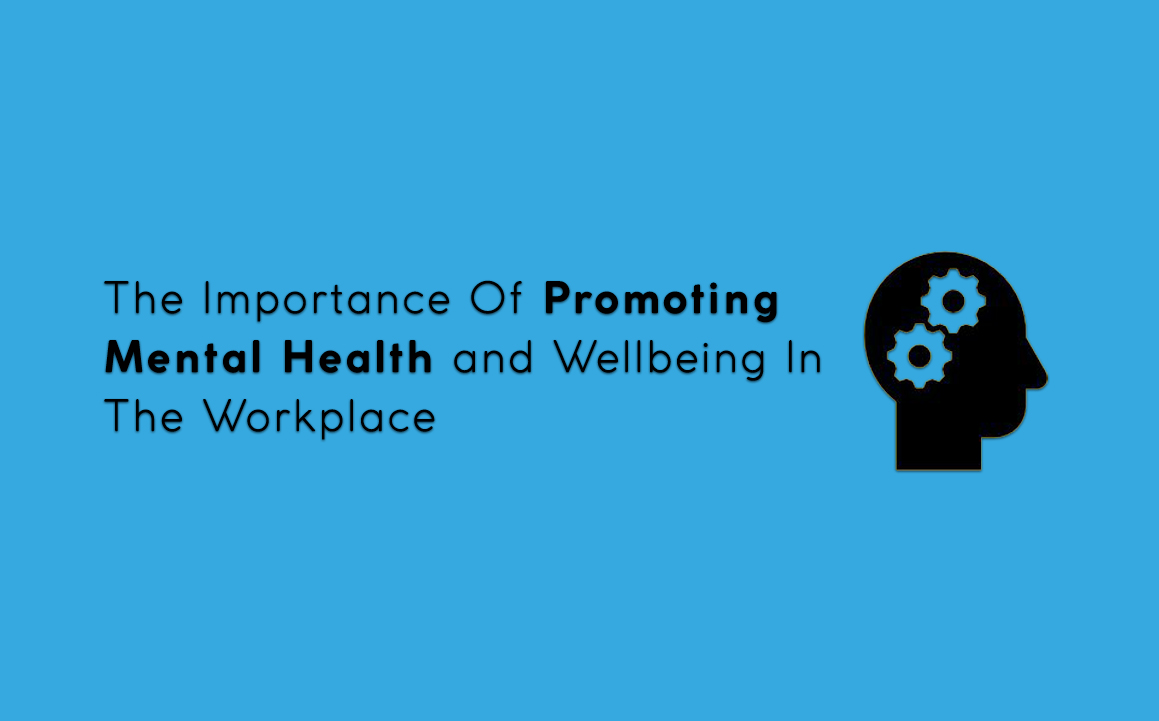Coaching vs Mentoring – What’s the difference and what are you looking for?

As a coach, I spend a lot of time during initial coaching sessions, educating clients around the differences between a coach and a mentor.
During all of my first sessions, I ask the question: “What do you understand about the nature of coaching?” And the vast majority of the time, I get a similar response – tinged with an expectation that you will come to me with your issues, and I will advise you on how to solve them. With this, I have to quote Tony Robbins and say… I AM NOT YOUR GURU.
The majority of people, through no fault of their own, believe that a coach will do the same thing as a mentor. In reality, these are entirely different roles, and in any good coaching relationship, it’s integral to define what the role of the coach is early on, for clients to understand and get the best results.
What is coaching?
The ICF (International Coaching Federation) defines coaching as: “Partnering with clients in a thought-provoking and creative process that inspires them to maximise their personal and professional potential.”
Looking at this definition more closely, the key phrases are – creative process, inspires them & maximise potential.
In essence, a coach is an expert in the coaching process but never (or very rarely) an expert in the subject matter, goal or situation that the client wishes to address. For example, if the client is a Sales Manager working in a large organisation and their ultimate goal is a promotion – who will be more informed about the intricacies of that situation? The client, of course. It would be irresponsible of the coach to advise the client of what to do because they could give bad advice by not understanding the full picture.
In its simplest form, a coach helps an individual to improve their performance or helps them learn.
“Coaching is unlocking a person’s potential to maximize their own performance. It is helping them to learn, rather than teaching them.” John Whitmore, Coaching for Performance.
The role of the coach is to help the coachee define their objective/goal, support them to understand their current situation on a deeper level, and define steps for them to take to achieve this goal.
Benefits of coaching:
– Improves individual performance
– Develops skills/behaviours
– Raises self-awareness
– Increases ownership and responsibility
– Supports openness to individuals learning and development
– Provides clarity of situations, goals & objectives
What is mentoring?
According to the University of Cambridge, mentoring is: “A system of semi-structured guidance whereby one person shares their knowledge, skills, and experience to assist others in progressing in their own lives and careers.”
This is what a lot of people misunderstand as being coaching. Whereas instead, a mentor is someone who has experience or expertise in a certain field or situation and thus can give more specific advice to the mentee to support them with progression.
If we go back to the previous example of the individual aiming to get a promotion to Senior Sales Manager – the individual’s line manager, or even the department Sales Director, could be a perfect mentor to be able to offer the correct advice and guidance to support them to reach this goal.
Benefits of mentoring:
– Gives guidance on advancement and professional development
– Introduces new ideas and ways of thinking
– Provides chances to develop new knowledge and skills
– Advice from those more experienced
– Offers recognition from more senior positions within an organisation
Summary
This article has touched upon some of the key differences between a coach and a mentor, but there are other differences that should be highlighted, too, such as the nature of the relationship. With coaching, this relationship is usually shorter-term, and goal focussed, with a more defined process as led by the coach. The relationship with mentoring differs in that it is usually much longer-term but also less formalised and structured than with coaching.
Before deciding which is right for you, it’s important to define what you are looking for:
– If you want advice to help navigate situations or someone offers wisdom – you are seeking a mentor
– If you’re seeking to achieve a certain goal or objective, raise your self-awareness or develop as an individual, then you’d be better placed to engage with a coach
– If you’re looking to learn a specific skill or become an expert in your field/industry, then you should consider suitable training courses & opportunities
How can we help you?
At Ignite during April 2020, we are offering 2 x free 1-hour virtual coaching sessions to individuals who want to experience the power of coaching themselves. To register your interest, please click here.
This article was written by Oliver Page, an ICF certified coach who works with his clients to support them in achieving their goals by focusing on key areas of thoughts, feelings, action & impact. Click here to find out more about Oliver.





